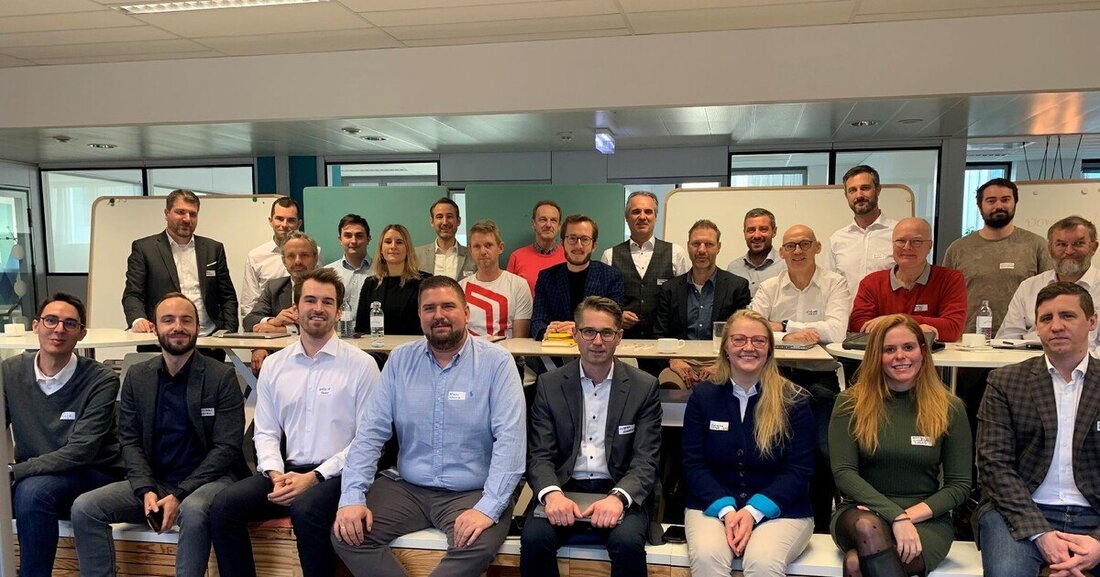E-cars as electricity storage
14 Austrian partners are working on the “Vehicle to Grid” project for the use of electric cars as electricity storage.

E-cars as electricity storage
The increasing spread of electric vehicles poses ever new challenges for the expansion of the charging infrastructure. A promising solution is the controlled charging of electric cars, which, in combination with the bidirectional charging function, enables the sustainable use of electric vehicles as flexible electricity storage devices. Vehicle to Grid enables the delivery of electrical power from the drive batteries of electric cars back into the public power grid. In contrast to conventional electric vehicles, vehicles that can be charged bidirectionally can not only obtain electrical energy from the grid, but can also feed it into the grid or into the house via special charging stations during times of high grid load. This bi-directional charging promotes smart sector coupling and has the potential to even power households during a power outage. In the future, V2G technology could make a decisive contribution to the decarbonization of the transport sector, take on load control tasks and advance the integration of renewable energies. In addition, it offers owners of electric cars the opportunity to provide network-serving services and thus become part of the energy system themselves.
This initial situation creates the framework for a new project funded by the Austrian Research Promotion Agency FFG, which aims to build an interdisciplinary network and identify the basic requirements and needs of private users of e-vehicles. "The challenges in the area of electromobility are diverse. In addition to technical aspects, legal and social framework conditions must also be taken into account," explains project manager Kurt Leonhartsberger. “With this project we would like to create a contact point for companies and private users and develop solutions that enable the smooth integration of V2G technology.” The main goals of the project include identifying customer needs and developing potential business models for bidirectional charging. A central element will also be the development of an innovation network in the Austrian V2G sector, in which 14 Austrian partners are actively involved, including Verbund, AIT, APG, Sonnenplatz Großschönau, impeect GmbH, EMC, Reisenbauer Solutions, Im-Plan-Tat, Family of Power, Sticon and Stadtwerke Amstetten.
The success factors of the project include the development of validated use cases and business models as well as their implementation in selected test environments. In addition, a comprehensive report will be prepared on the technical, social and legal basis for V2G in Austria. A knowledge, communication and participation platform will also act as a central hub for all stakeholders. "Verbund's role in this project includes network building, stakeholder acquisition, social requirement engineering as well as the development and validation of user-oriented use cases. We are pleased to be part of this pioneering project and are convinced that together with our partners we can take a significant step towards sustainable and innovative mobility," says Verbund project manager Harald Wechselberger.

 Suche
Suche
 Mein Konto
Mein Konto